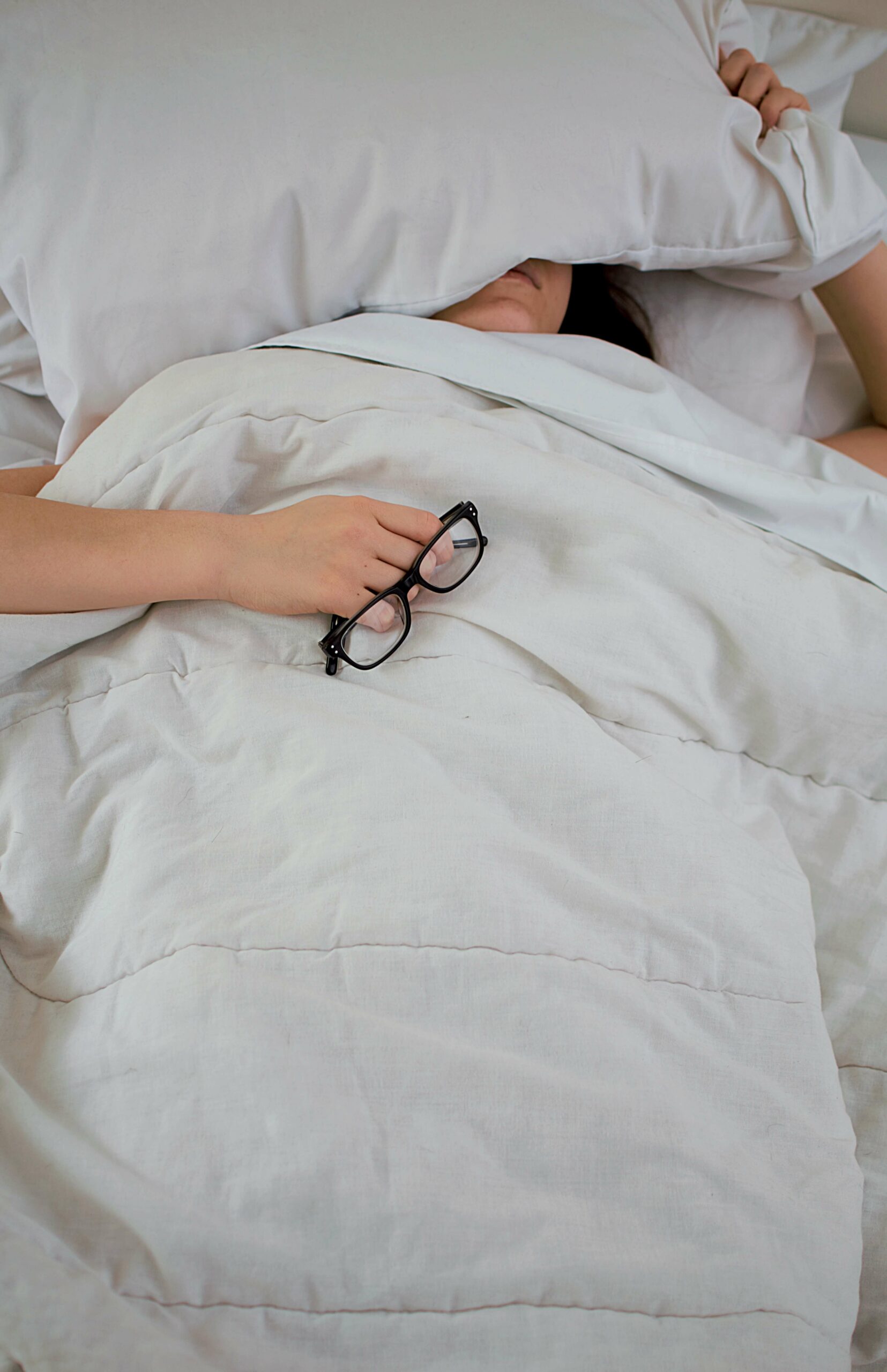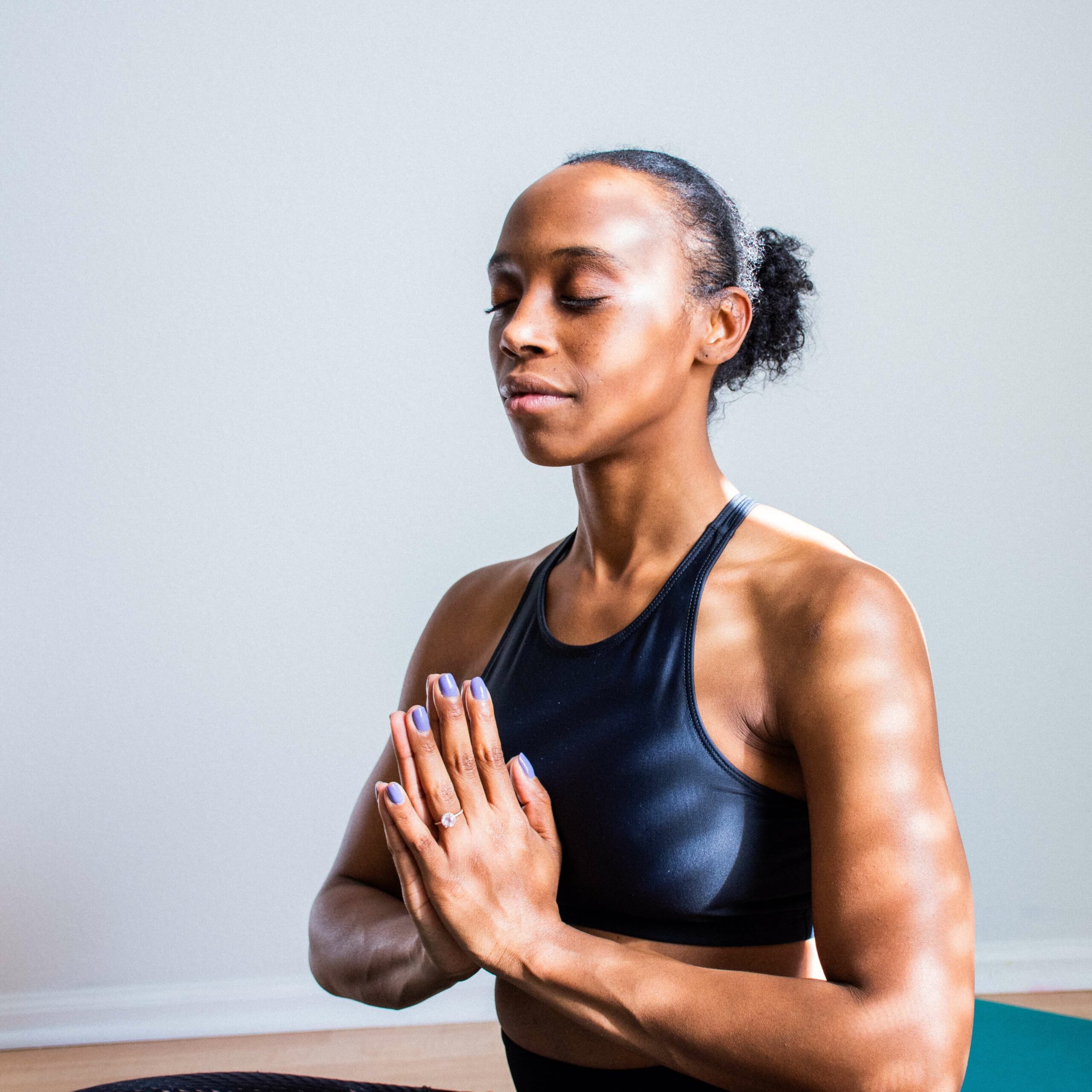In today’s fast-paced, frenetic world, it can be easy to get swept up in the rat race of life and forget to take a break. The concept of rest has taken on many forms throughout history, with each period needing its own version of the idea to combat the culture of the day. We’re currently in a digital-heavy, side-hustle kind of culture, which potentially requires a different kind of rest than what’s come before us.
We love to over-work and over-play, but the key to finding peace and balance in these areas is to ensure healthy rest for your mind and body. We discuss a few ideas around what this kind of rest could look like for you, below:
Just go to sleep
 Sometimes the best, most healthy thing that you could do for yourself is to call it a night. Sleep has gone through the wringer since more technologically advanced science has come about, but the overarching belief of most professionals is that a good night’s sleep is essential to a healthily functioning human being.
Sometimes the best, most healthy thing that you could do for yourself is to call it a night. Sleep has gone through the wringer since more technologically advanced science has come about, but the overarching belief of most professionals is that a good night’s sleep is essential to a healthily functioning human being.
Most adults need between 7 to 9 hours of sleep to function optimally, and the best way to achieve this is by establishing a consistent sleep schedule. According to the Mayo Clinic, going to bed at a similar time each night and waking up at a fixed time each day will help you build a rhythm of healthy rest in your life.
Sleep isn’t the most exciting thing to many people, so it might be a good idea to create a relaxing, inviting, exciting, or even fun bedtime routine that signals to your body that it’s time to unwind. You could read a book, take a bath, meditate, whatever works for you.
Unplug from technology
Did you know that electronic devices emit blue light that can interfere with your sleep-wake cycle? Yes, that includes your phone! A study by Dr. Larry Rosen suggests that a great way to improve your sleep, and ultimately, to rest, would be to “unplug” from your electronic devices, such as your phone, tablet, or laptop, at least one hour before you hit the hay.
As we mentioned above, engage in more calming activities that help you relax like reading a book, listening to soft music, or practicing some silence.
Work it out
This may sound counter-productive, but exercising regularly is one of the best ways you can create a healthy rhythm of rest in your life. Johns Hopkins Centre for Sleep medical director Charlene Gamaldo M.D. says that engaging in physical activity during the day can, in fact, improve your sleep quality. It can also improve your overall health, including mental.
As with anything good for you, keeping consistent in this area will have major benefits in the long term, such as better sleep, improved mental well-being, and more energy throughout the day.
Manage stress

Healthy rest cannot coexist with stress – unfortunately, it’s one or the other. The American Psychological Association has found that chronic stress can negatively impact your sleep and overall well-being, so implementing stress management techniques in your life can radically improve your restfulness.
Doing things like practising mindfulness or breathing exercises, engaging in hobbies or activities you enjoy, seeking social support, or talking to a therapist or counsellor will help you find the rest from the stress you may be experiencing. Every other point we’ve listed above can also contribute in this space.
Conclusion
Healthy rest is paramount to a healthy life, and with so many distractions and deadlines to compete with, we need to be aware of what must be done to stay balanced and grounded as things get busier around us. Find out what works for you and aim to set up a routine.
